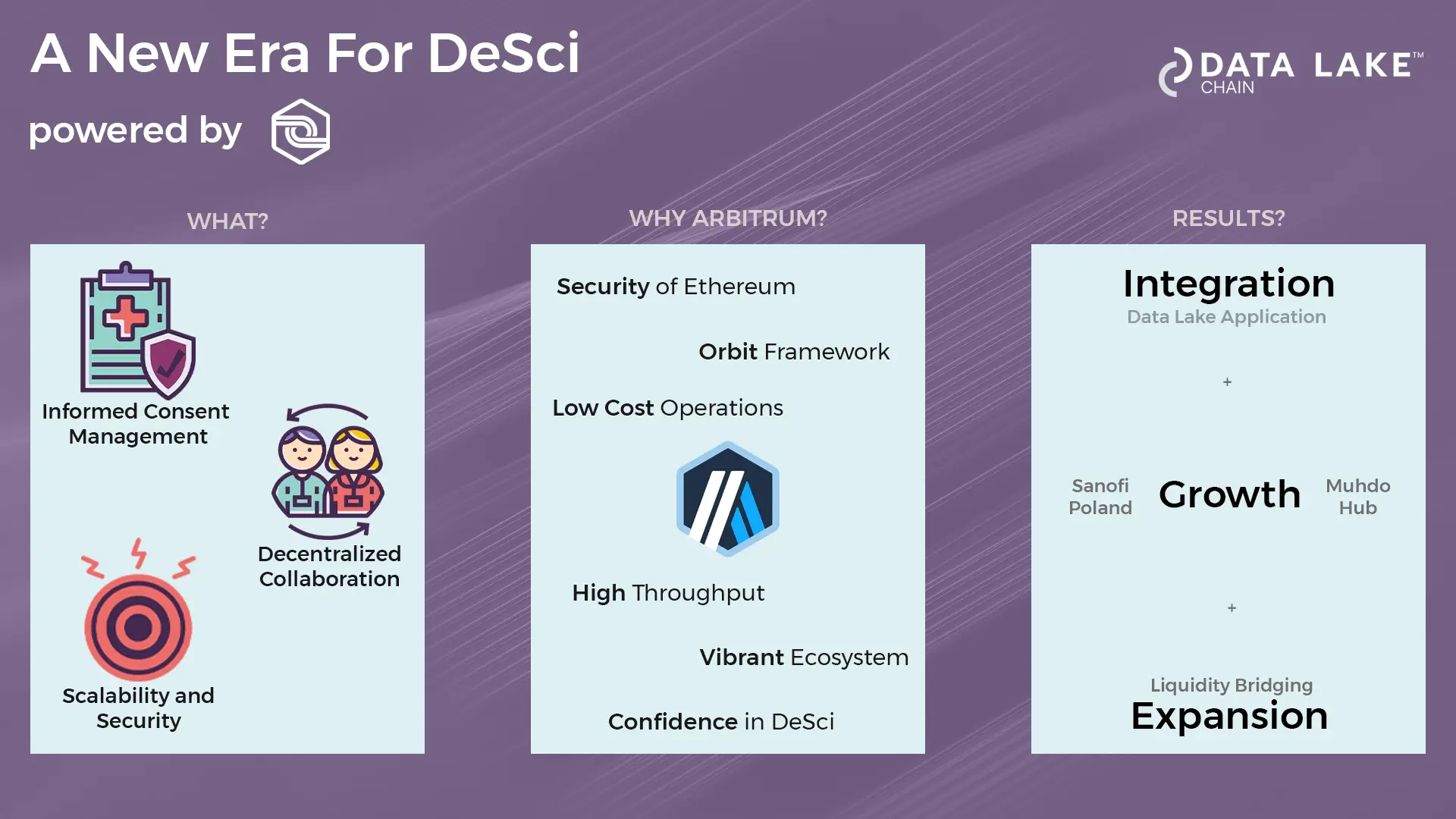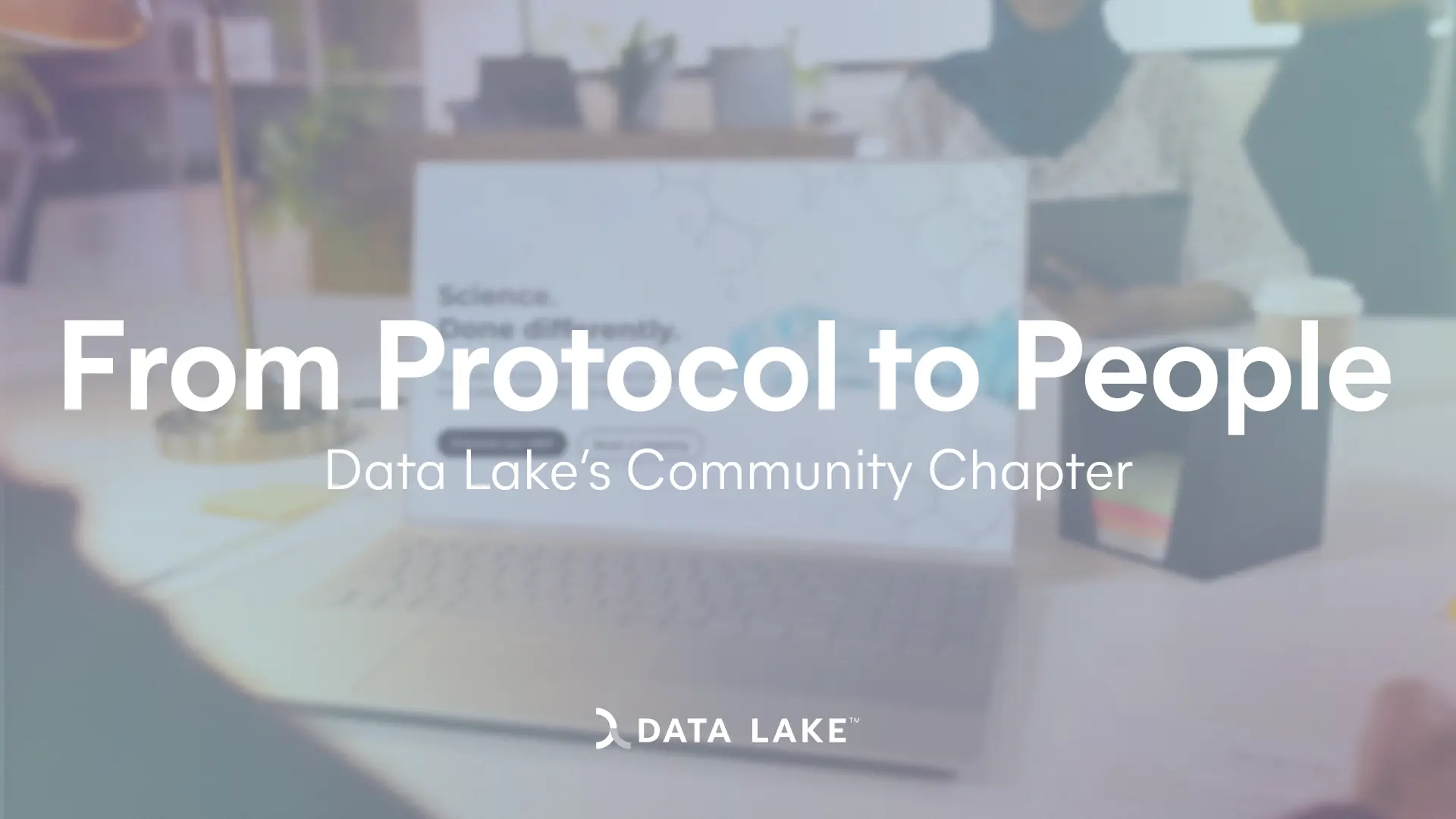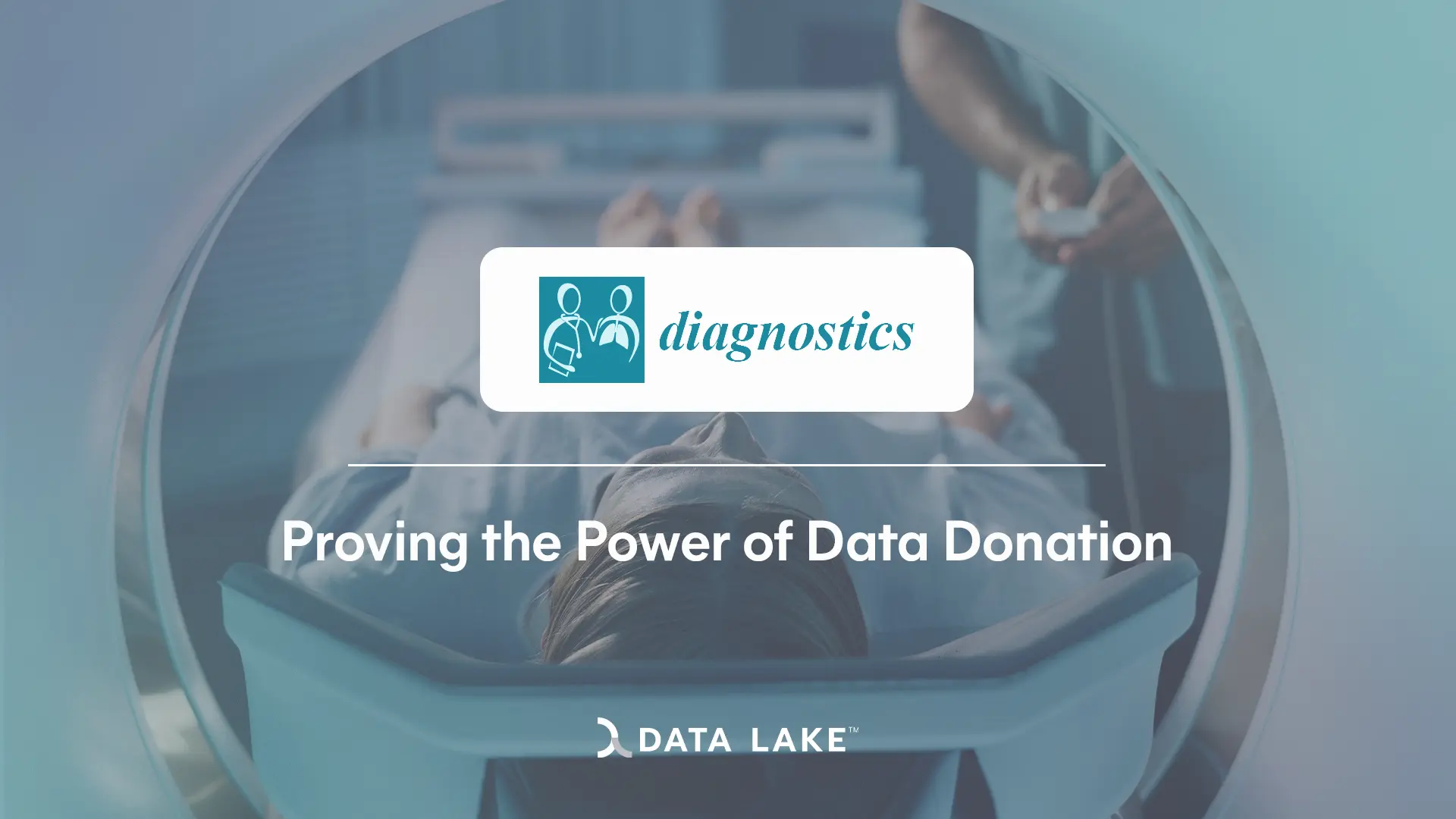As a leader in Decentralized Science (DeSci), Data Lake is at the forefront of transforming how consent is shared and managed in scientific research. By leveraging blockchain technology, we are building a transparent, patient-first platform for consented research enrolment on top of Arbitrum Orbit Technology, supported by a grant awarded by the Arbitrum Foundation.
What Are We Doing?
Data Lake has built the Data Lake Chain, a Layer 3 blockchain designed specifically for decentralized consent management in healthcare and research. This chain, created using Arbitrum Orbit, is the backbone of our ecosystem and supports:
- Informed Consent Management: Enabling patients to securely provide and manage consent for their medical data to be used in research.
- Decentralized Collaboration: Facilitating partnerships between researchers, healthcare providers, and patients in a transparent and efficient manner.
- Scalability and Security: Delivering a robust infrastructure capable of handling the unique demands of DeSci projects.
This is a significant step forward in our mission to revolutionize scientific research, ensuring that data sharing is ethical, transparent, and beneficial for all stakeholders.
Why Arbitrum Orbit?
Arbitrum Orbit provides the ideal foundation for the Data Lake Chain due to its advanced Layer 2 and Layer 3 technology. Here’s why it stands out:
- Scalability: Arbitrum’s high throughput and low-cost operations allow for seamless management of large volumes of consent and transaction data, crucial for healthcare applications.
- Security: Built on Ethereum, Arbitrum inherits its world-class security standards, ensuring data integrity and compliance.
- Flexibility: The Orbit framework enables us to create a custom blockchain tailored to the unique needs of DeSci and healthcare projects.
- Ecosystem Synergy: By integrating with Arbitrum, Data Lake becomes part of a vibrant ecosystem of DeFi, NFTs, and other blockchain innovations, fostering collaboration and innovation.
The Arbitrum Foundation’s grant to Data Lake underscores their confidence in our vision and positions the Data Lake Chain as the go-to rollup solution for DeSci projects.
When Can You Expect Results?
The Data Lake Chain launched its Mainnet in Q3 2024, marking a new era for decentralized consent management in science. As we move forward, the effects of this collaboration are already being realized:
- Integration: The Data Lake Chain is live and being fully integrated with our consent application, enabling researchers and patients to interact seamlessly.
- Ecosystem Growth: Partnerships with organizations like Sanofi Poland and MuhdoHub are being enhanced by the blockchain’s capabilities.
- Expansion: In Q4 2024, we are focusing on liquidity bridging and enabling decentralized collaboration tools, further solidifying our position as a leader in DeSci.
The partnership with Arbitrum Orbit is just the beginning. With the foundation now in place, you can expect rapid development in our ecosystem, driving innovation and empowering ethical research practices globally.
A New Era for DeSci
Data Lake’s collaboration with Arbitrum Orbit is more than a technological partnership—it’s a shared vision to democratize and decentralize science. Together, we are setting new standards for how healthcare and research data are managed and utilized, ensuring that patients, researchers, and institutions all benefit from a more transparent, equitable system.
Stay tuned as we continue to expand the Data Lake ecosystem, pushing the boundaries of what’s possible in DeSci.




